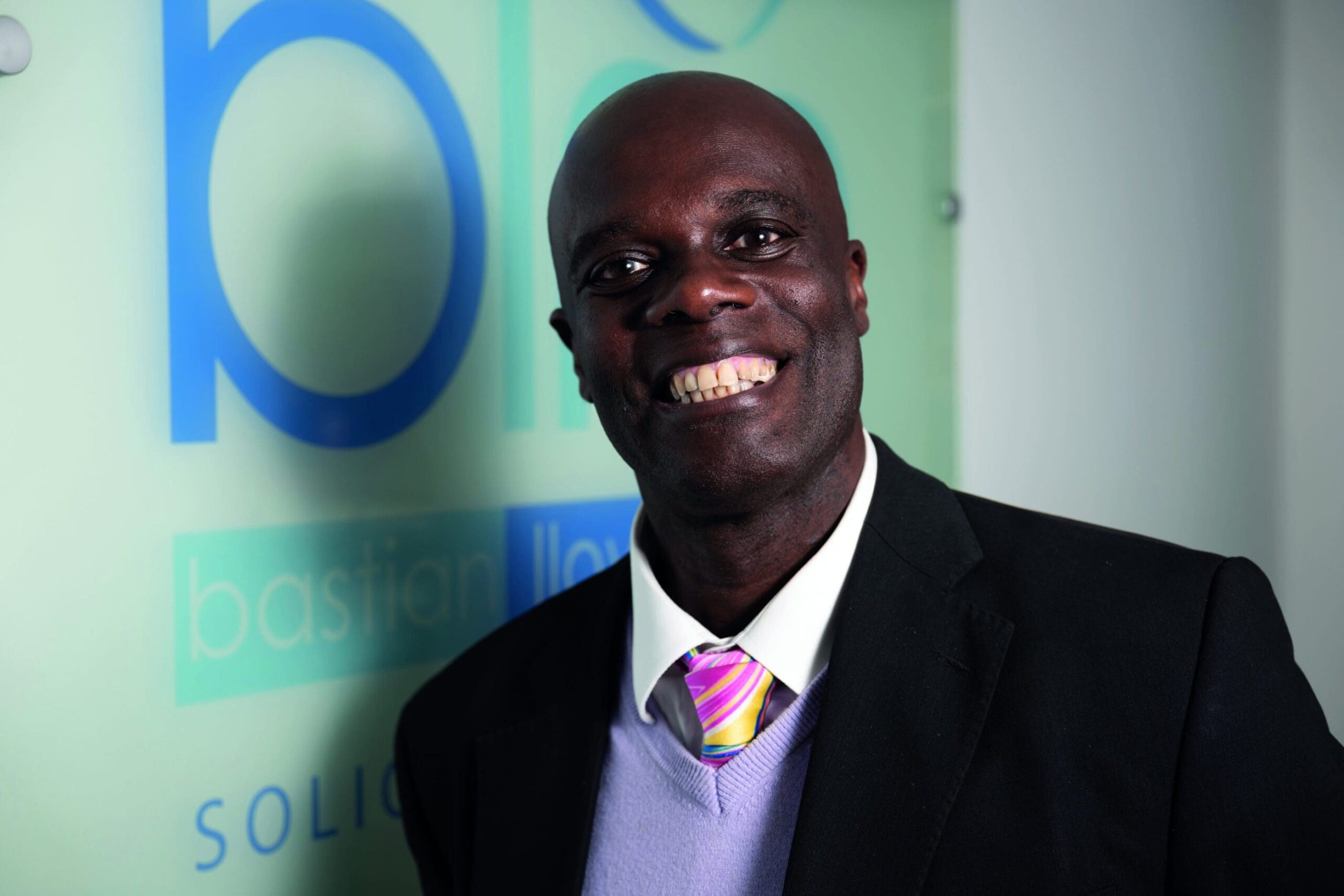Parents have an important role to play in all societies. They always have done. They nurture and develop our future teachers, care workers, presidents, kings and nurses. That is why the highest court in the land has made case law which makes it clear that what parents have to say about their children is very important and should always be considered very clearly before being dismissed by any Family Court Judge.
However, all family lawyers will also be aware of a High Court judgement (by Mr Justice Hedley) which states that: ‘society must be willing to tolerate very diverse standards of parenting, including the eccentric, the barely adequate and the inconsistent. It follows too that children will inevitably have both very different experiences of parenting and very unequal consequences flowing from it. It means that some children will experience disadvantage and harm, while others flourish in atmospheres of loving security and emotional stability. These are the consequences of our fallible humanity and it is not the provenance of the state to spare children all the consequences of defective parenting. In any event, it simply could not be done’.
Basically, parents are not always perfect, indeed they don’t have to be, and by the way, they sometimes make mistakes! Some parents make lots of mistakes, but this doesn’t necessarily mean that their children should be removed from their care.
Perhaps not everyone would describe parents quite as harshly as the poet Philip Larkin does however – the first verse of his poem This Be The Verse goes like this;
They f**k you up, your mum and dad.
They may not mean to, but they do.
They fill you with the faults they had
And add some extra, just for you.
At the other end of the scale, as those of who watch Malcolm in the Middle and The Simpsons know, not many teenagers will be using the words of Shakespeare to describe their parents; – ‘the voice of parents is the voice of gods, for to their children they are heaven’s lieutenants’.
Despite the law’s hint of realism (or perhaps because of it) the number of children in local authority children’s homes, in England and Wales has continued to rise. In fact, the reported figures (up to 2021) are likely to be higher as, due to COVID-19, Ofsted suspended all routine inspections of social care providers in March 2020, at the request of the Secretary of State. All regions saw an increase in the number of children in children’s homes as at March 2021.
These are sad facts made sadder because not only are there increasing numbers of care cases, there are also increasing numbers of complaints against local authority children’s homes. In 2021 the number of complaints were nearly 20% higher than in 2020. Under any objective analysis, this must mean that a significant number of children receive both poor biological parenting and also poor state parenting, given that ‘of the 12 million children living in England and Wales, about 3% of them are in the care system at any one time’.
One of the exercises that Family Court judges must undertake before removing a child from his or her biological family (indeed from any family which is providing the child with primary care) is to be satisfied that removing the child is not going to make the situation worse for them. That is because the law states that the welfare of the child must be the court’s paramount consideration. It follows, therefore, that the test for removal is necessarily a very high one – the state can only remove children who have actually suffered significant harm or are likely to suffer significant harm, and removal is both necessary and proportionate. That is why the judge’s famous words, quoted above, are so important. It is also why it is important that parents are represented by suitably qualified lawyers in these proceedings. It takes skill and expertise, attention to detail, experience and moral courage to stand up to a court that is on the verge of either wrongly removing a child or, on the other hand, of not removing a child, when clearly it is necessary to do so.
We should, of course, never forget that most parents bring up their children in a perfectly satisfactory way, and also most children who unfortunately find themselves in the care system do not suffer any further abuse at all. On that basis perhaps there is more than enough truth to satisfy everyone, in the words of Hedley J, Larkin and Shakespeare.
Contact Bastian Lloyd Morris on 01908 546580 or visit www.blmsolicitors.co.uk













